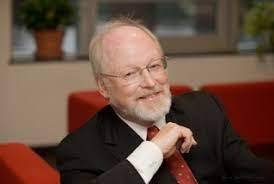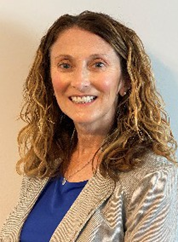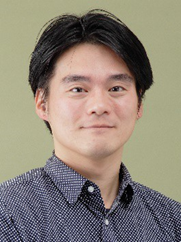Plenary 1:
How to Expand the Reach of Mixed Methods in Asia
Language used: English (Handout in Japanese)
I have been working in the mixed methods field for almost 40 years. During this time, I have seen many developments, especially the spread of mixed methods throughout the world. My publications have mapped the developments of mixed methods, and I have given some thought as to how mixed methods has expanded both in the US and around the world. I have seen major mixed methods chapters and affiliates of the Mixed Methods International Research Association in different countries. Thus, I would like to suggest how mixed methods can expand in Asia. It begins with understanding the cultural and indigenous factors that shape the research in countries. It then extends to linking and collaborating with other international mixed methods researchers. It expands through the involvement of different discipline groups. It further develops through dissemination efforts, such as journals, webinars, and national and foundation support for research. It builds on current initiates underway, such as sessions at JSMMR that bring together scholars from different Asian countries. It reflects presenting mixed methods in a way understandable to scholars who do not have English as a primary language. These are examples as to how I would encourage the reach of mixed methods in Asia. I do not have all the answers, but I can draw on my experiences over the years and share them with other mixed methods scholars.

|
John W. Creswell, Ph.D., is a professor of family medicine and senior research scientist at the Michigan Mixed Methods Program at the University of Michigan. He has authored numerous articles and 30 books on mixed methods research, qualitative research, and research design. While at the University of Nebraska- Lincoln, he held the Clifton Endowed Professor Chair, served as Director of the Mixed Methods Research Office, founded SAGE’s Journal of Mixed Methods Research, and was an adjunct professor of family medicine at the University of Michigan and a consultant to the Veterans Administration health services research center in Ann Arbor, Michigan. He was a Senior Fulbright Scholar to South Africa in 2008 and to Thailand in 2012. In 2011, he co-led a National Institute of Health working group on the “best practices of mixed methods research in the health sciences,” and in 2013 served as a visiting professor at Harvard’s School of Public Health. In 2014, he was the founding President of the Mixed Methods International Research Association. In 2015, he joined the staff of Family Medicine at the University of Michigan to Co-Direct the Michigan Mixed Methods Program. In 2016, he received an honorary doctorate from the University of Pretoria, South Africa. In 2017, he co-authored the American Psychological Association “standards” on qualitative and mixed methods research. In 2018 his book on “Qualitative Inquiry and Research Design” (with Cheryl Poth) won the Textbook and Academic Author’s 2018 McGuffey Longevity Award in the United States. He currently makes his home in Ashiya, Japan and Honolulu, Hawaii. |


